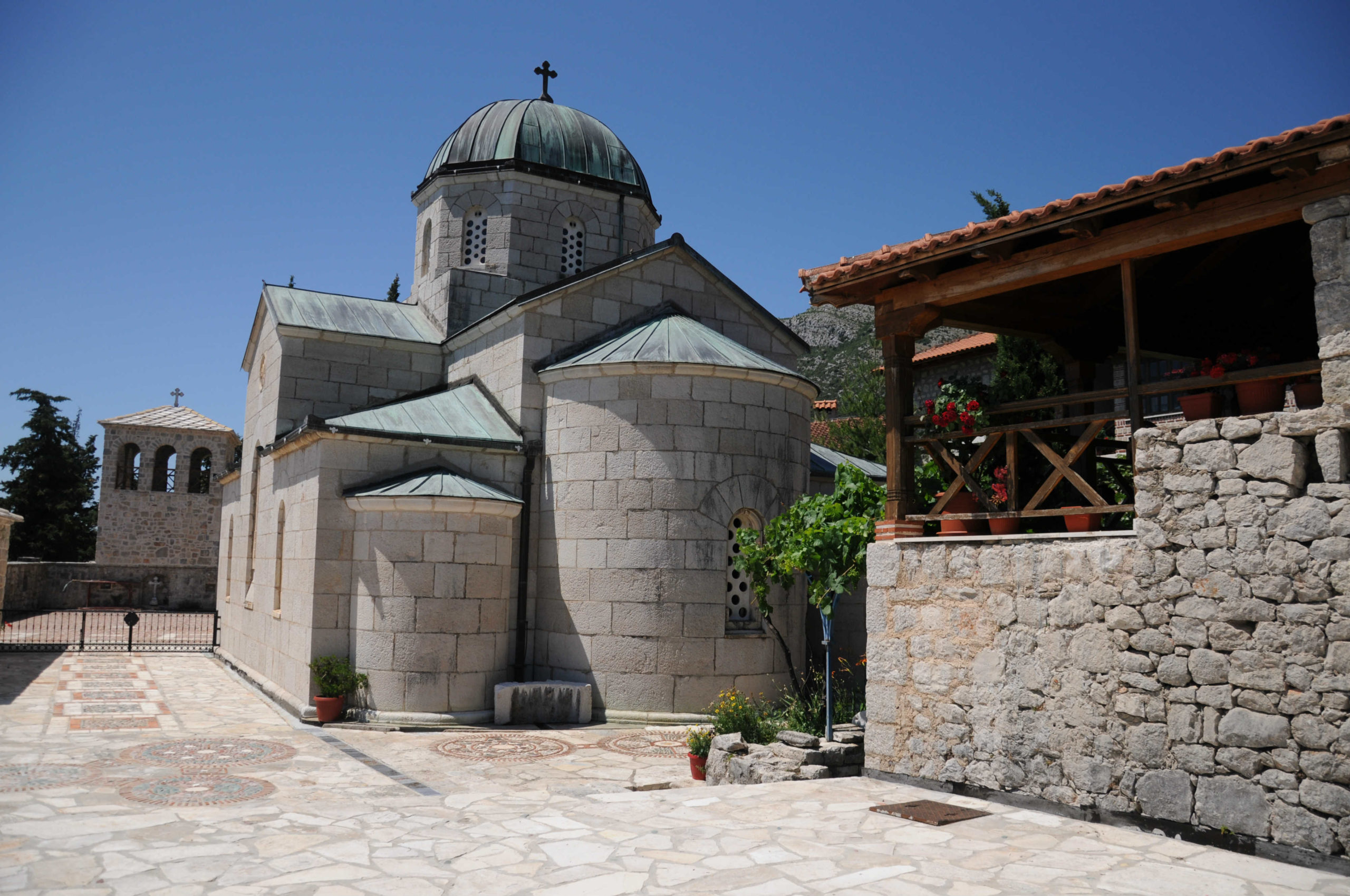Two years ago, U.S. embassy personnel in Sarajevo reported back to Washington D.C. on several occasions about 44-yar-old Bishop Grigory of Zahumlje and Herzegovina (ZHP) Diocese, referring to him as “a major player in the Serb Orthodox world” and noting that he “wields a significant power in the Bosnian political sphere through local and national-level relationships especially with the RS Prime Minister Milorad Dodik.”
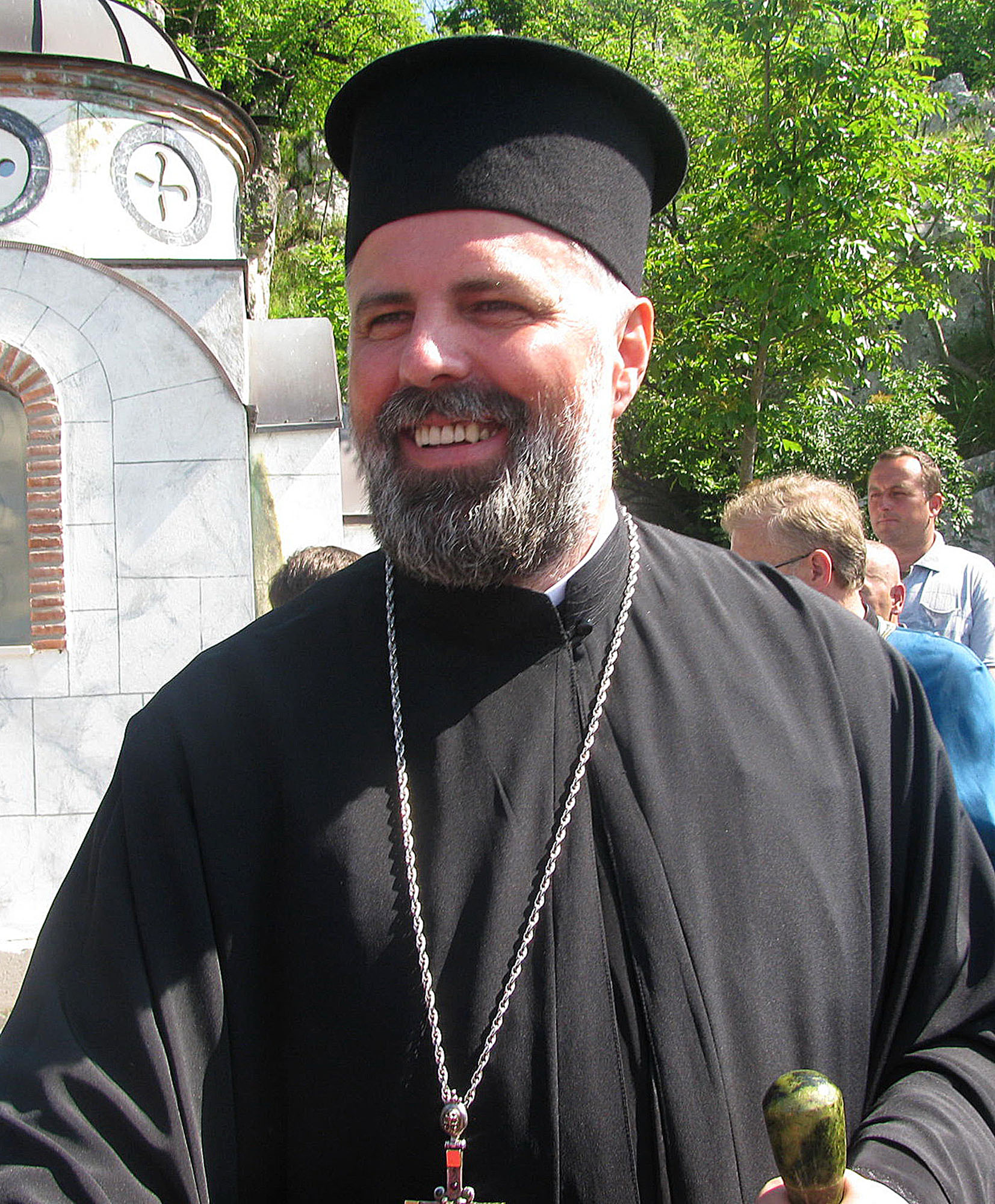
Photo by EuroBlic
In diplomatic cables Wikileaks published,the bishop’s relationship with Dodik was described as having ups and downs. At the outset of Dodik’s tenure in early 2006, said one cable, there was “a degree of bad blood between the two likely because of Dodik’s refusal to provide financial support demanded by Grigory’.
But since the cables the two have been getting along.
According to data The Center for Investigative Reporting in Sarajevo (CIN) has culled from the Official Gazette,, the RS government donated 1 million KM to the diocese between 2008 and 2010 as aid for reconstructing churches in Gacko and Mostar, The government has also helped the diocese in Herzegovina in its varied lay businesses., which have nothing to do with and may even be contrary to its religious mission.
Even though its official seat is in Mostar in the Federation of Bosnia and Herzegovina, the diocese ZHP operated until last year from Trebinje, the biggest RS town in East Herzegovina. Since Grigory (Serb Orthodox bishops are referred to by a single name) was appointed bishop in 1999, the diocese has incorporated firms, bought shares in other companies, and dabbled in the hospitality industry, agriculture and vine production. It tried developing companies through loans from the government’s RS Investment and Development Bank (IRB), and it also took loans from commercial banks. The church mortgaged its property to cover the loans.
Firms in which the diocese has ownership shares have taken out loans totaling 6.6 million KM, out of which 3.7 million KM are related to the favorable long-term loans IRB extended in 2008 and 2009. One company has not paid workers contributions for years, according to audits and tax authority reports which do not spell out for exactly how long. The firm has gone unpunished, however and the government has put off collection efforts. The RS Tax Administration has allowed a second company to pay its tax debts in installments.
The bishop has interests in four companies with nearly 100 employees. It owns a hotel Platani DV (The initials refer to a previous owner of the hotel) and The Cellars of Tvrdoš Monastery. The Serb Orthodox Monastery Tvrdoš has ownership shares in the agricultural companies of Popovo polje (24.6 percent) and Agrokoop (26 percent).
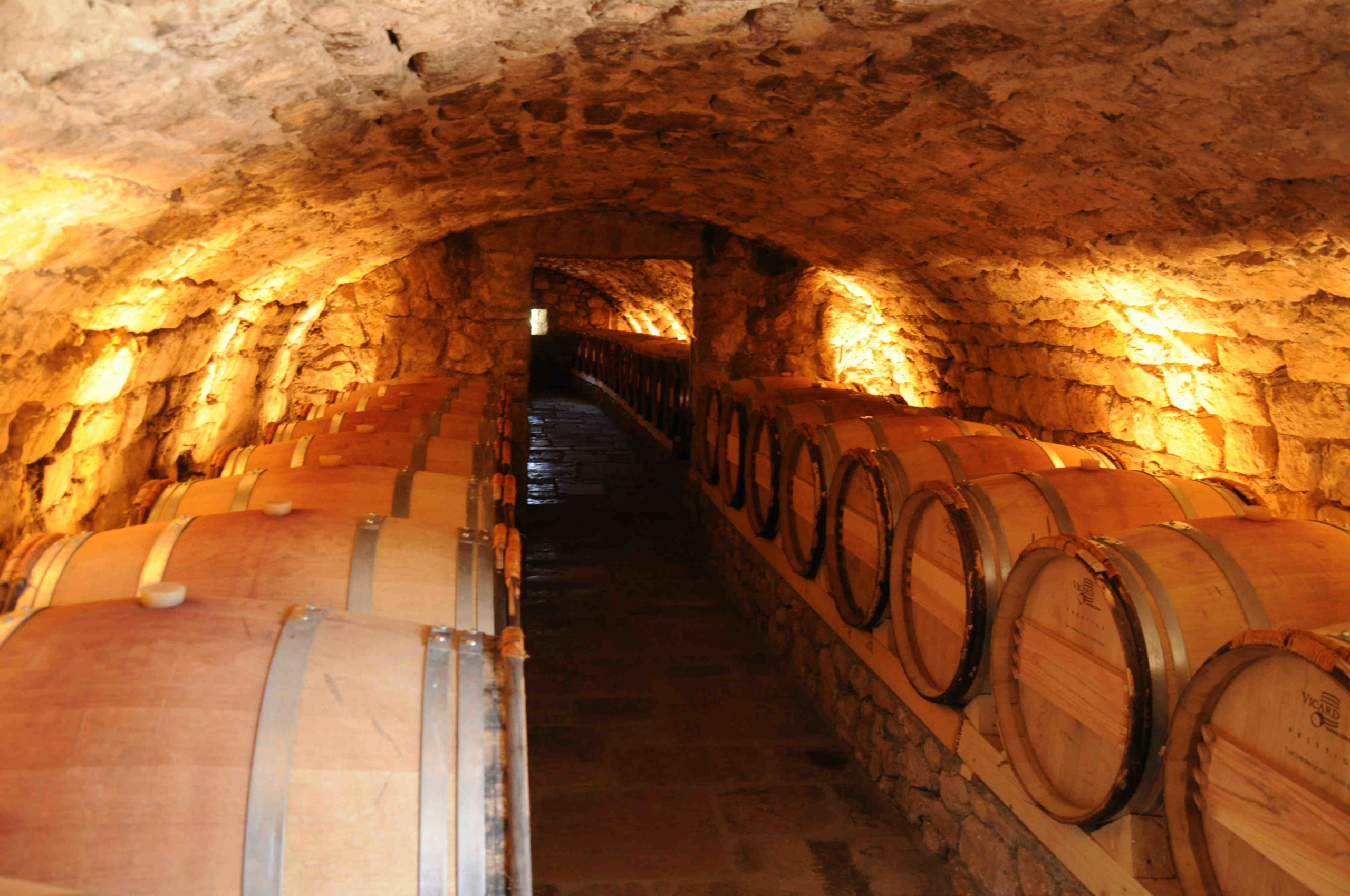
Photo by CIN
However, the church businesses are not doing well.
Platani DV, Popovo polje and Agrokoop finished the year with losses, although The Cellars did better. .The combined obligation of those five companies is more than 12 million KM.
Mirko Đorđević, a professor of religion in Belgrade, said that for the church to be a landowner, own hotels or trade, is incompatible with its Christian mission.
And officials of the Dabar Bosnian Metropoly in Sarajevo said that this was a novelty in the church’s operations.
The Credit History of Companies
According to available data, the diocese started taking out loans through its companies more than five years ago. The most indebted today is Platani DV — 3 million KM. The company received two loans from Banja Luka Hypo Alpe-Adria Bank for a total of 1.1 million KM in June 2006. For these loans the diocese mortgaged 436 square meters of the hotel.
Platani DV then took out another three loans, two of which came from the IRB for a total of 2,4 million KM.
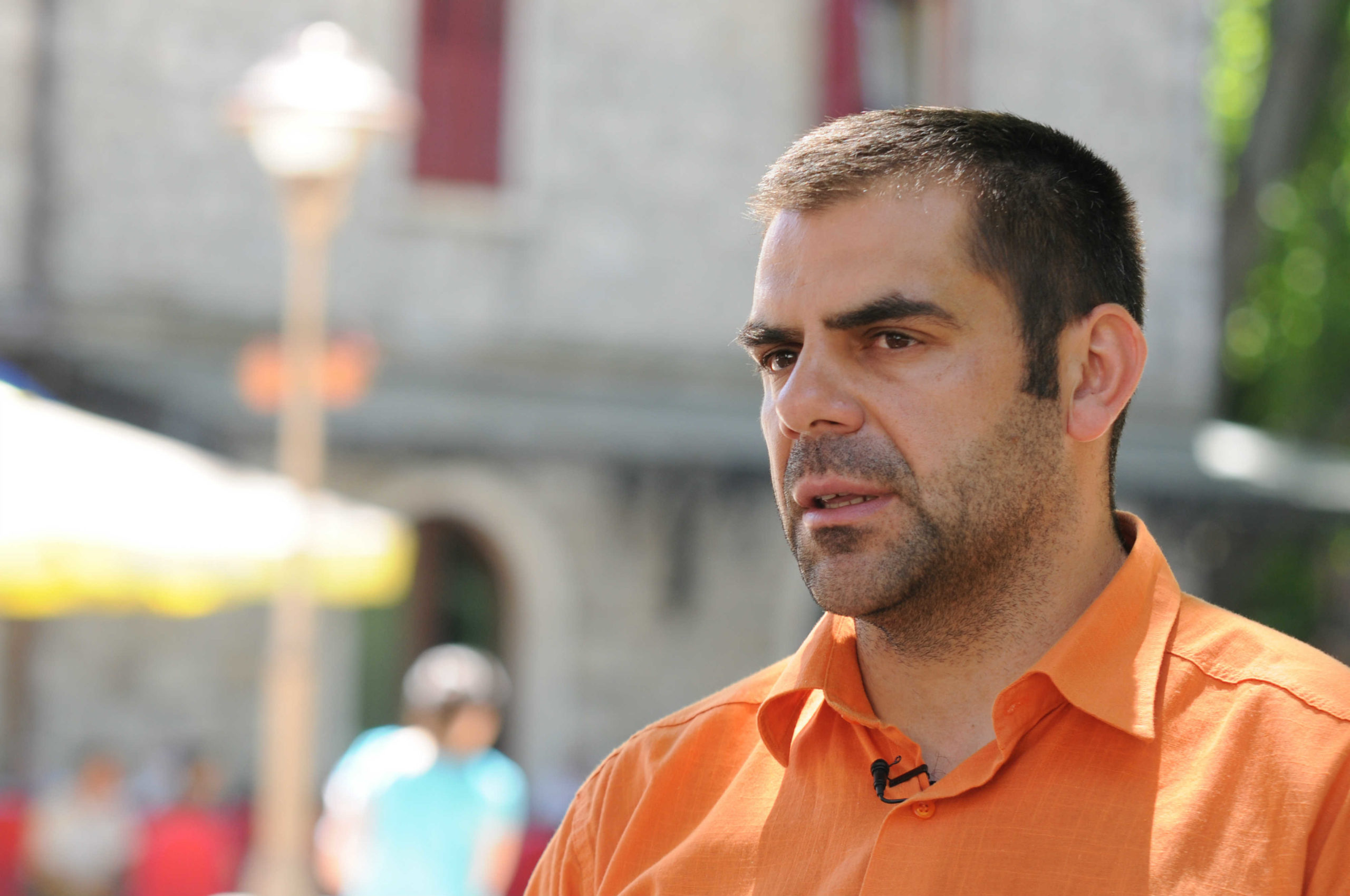
Photo by CIN
The state bank gave Platani DV a first loan in October 2008, and a second in mid-July of the following year. The hotel was again mortgaged as well as a business and residential building the diocese owned in Desanka Maksimović, street in Trebinje.
Vlado Ružić, the hotel director said 2.4 million KM was spent renovating and furnishing the hotel’s new building with 22 rooms and 41 beds.
The first IRB loan is due by 2020. In March 2010, Hypo Bank, the financial intermediary for this loan, retroactively gave Platani a grace period of 18 months and extended the due date of the loan by nine months.
But at the end of July this year, the company defaulted on 97,000 KM of a loan it got in 2010 from UniCredit Bank, a commercial bank. Around half of this loan – not connected to the IRB — is still outstanding.
Platani’s financial report shows that it could have issues paying debts. The company incurred losses of 105,000 KM last year, and in August was supposed to start repaying the second IRB’s loan.
Popovo Polje is in an even more difficult position. Branko Kecman, Tvrdoš Monastery’s official representative, is the head of the Shareholder’s Assembly.
Popovo Polje took out three loans in 2008 from UniCredit Bank in the amount of 854,000 KM. The same year it received an IRB loan of 600,000 KM with a due date of seven years out. Jadranka Aleksić, the company’s director, said that the money was used to set up new vineyards.
At the time when the state bank gave it the loan, the firm was behind in tax payments. And in 2008, the Indirect Taxation Authority forfeited its assets to collect on V.A.T. claims against the firm. A year later, the RS Tax Administration established the company’s tax debts as 223,000 KM for the period between April 2006 and March 2009.
The IRB told CIN that at the time Popovo Polje submitted the loan proposal, the firm provided a notice stating that it had met its tax obligations by September 2008.
Popovo Polje has lost 1.1 million KM over the past two years.
Aleksić said that the firm’s accounts were blocked at the end of 2009 and at the beginning of 2010, which is why it did not pay salaries and contributions on 18 workers.
Unpaid contributions
Agrokoop also finished the last year with losses, and is behind in loan payments.
The company’s 56 percent share owner is Alex Kostović, a Serbian businessman who hails from Trebinje. But, Goran Fržović, the president of the union of Agrokoop, said that the firm has always been run by Father Sava, the abbot of Tvrdoš Monastery.
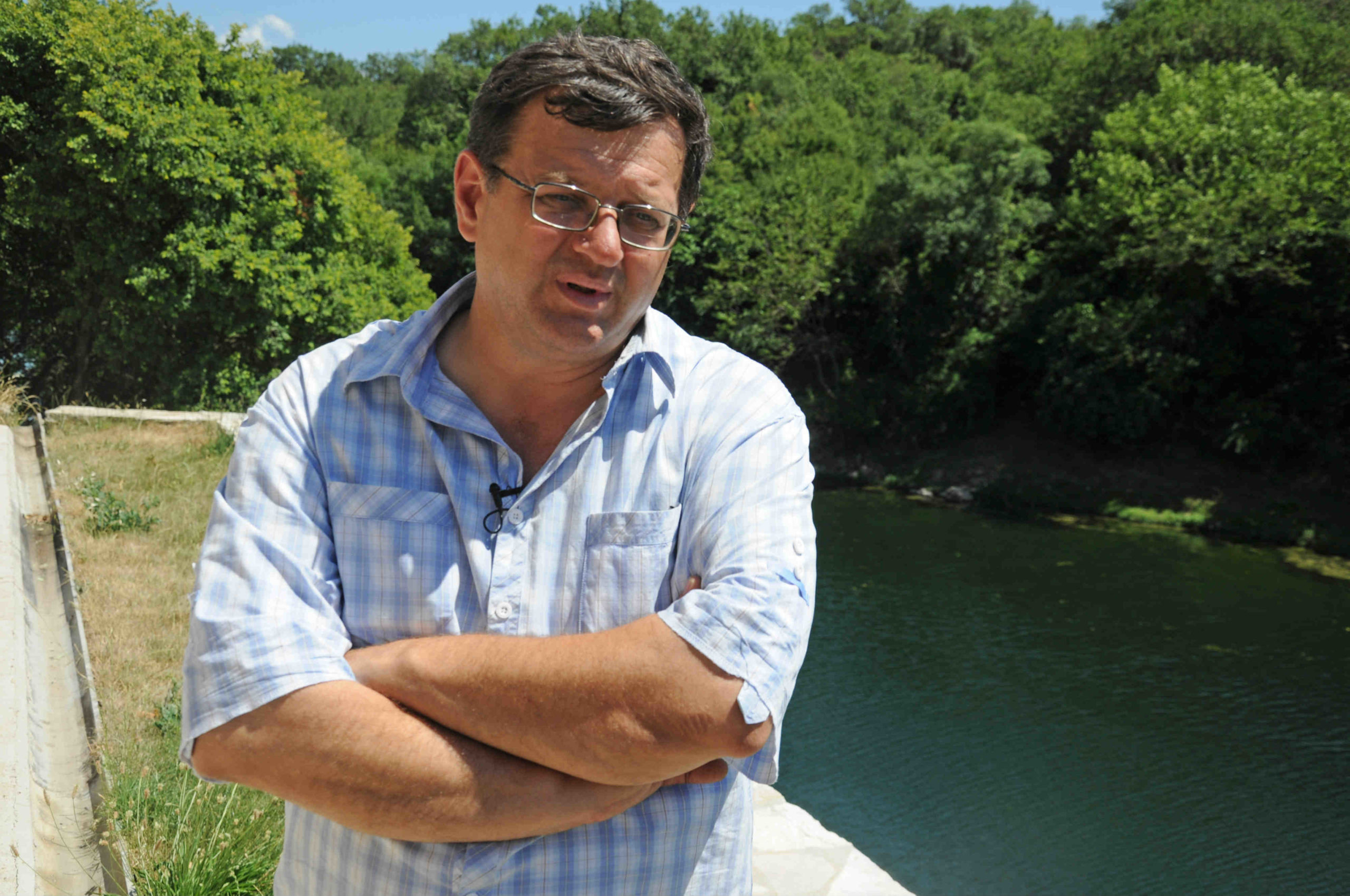
Photo by CIN
A report from an independent Banja Luka auditor Manojlović LLC showed that Agrokoop’s liabilities in 2010 are 4.5 bigger than its assets.
This October, RS Tax Administration officials said that Agrokoop owed more than 400,000 KM in employee contributions. The RS government extended the due date of tax payments on several occasions. The next due date comes in April 2012.
Even though it has not paid workers contributions, IRB gave Agrokoop a 326,000 KM loan in 2009. IRB says it has no obligation to check if clients pay taxes, but that is what the commercial banks do.
The state loans and tax extensions have not helped and the company continues to underperform. According to data from the BiH Central Register of Transaction Accounts, none of Agrokoop’s 11 bank accounts, is active. Four are closed and seven are blocked.
Last year it reported losses of 940,000 KM.
Agrokoop’s director Nevenko Kuvač said that now that the grace period has passed, IRB’s monthly installments will come due: “This is one critical moment in which Agrokoop has found itself.”
Despite bad financial indicators, Kuvač says that Agrokoop is not heading for the receivership.
Agrokoop employs 37. The director said that some are at retirement age, but the company has failed to pay for their health and pension insurance and they will get no pensions.
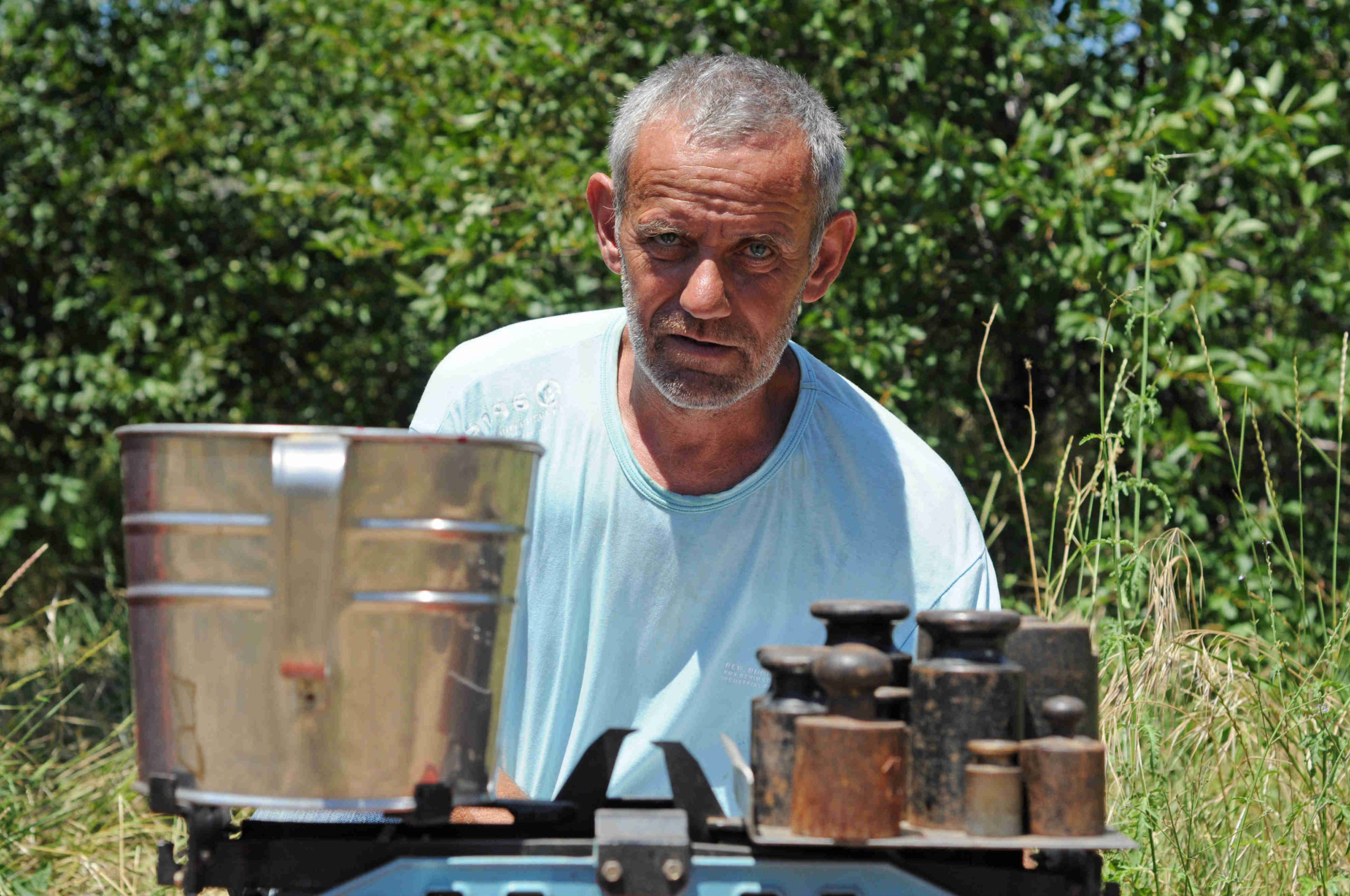
Photo by CIN
Luka Vujić, head of the farming and orchard unit, said he feeds 10 relatives off his paycheck. Cherry picking season was in full swing when CIN talked with him. Vujić brought his daughter along to work.
Vujić brought his daughter along to work. “If she eats cherries, there is one (mouth) less at home (to feed).’
Tvrdoš Monastery’s Cellars was the only church firm to make a profit in 2010, but profits have been decreasing yearly. It ended 2008 with profits of 120,000 KM, followed by 44,800 KM in 2009, and just 5,650 KM in 2010. The firm got an IRB loan of 420,000 KM in 2008.
Business Incompatible with the Church’s Mission
Religion experts from Sarajevo and Belgrade said faith-based organization dabbling in business raise many problems.
“The only thing to which church is entitled to is the Institute for Candle Production. It was granted the tax-exempt status. Everything else is incompatible with the church’s mission,” said Belgrade professor Đorđević.
Dino Abazović, professor of religious culture at the Sarajevo School of Humanity, said he knew of faith-based organizations earning money by renting real property.
Mitar Tanasić, secretary of the Sarajevo Metropolis said that the other dioceses have plantations too. They produced liquor and sold it within the monastery walls because they didn’t have government licence.
Senior church official Ratko Radujković from the Banja Luka diocese said that its officials did not deal with the lay departments.
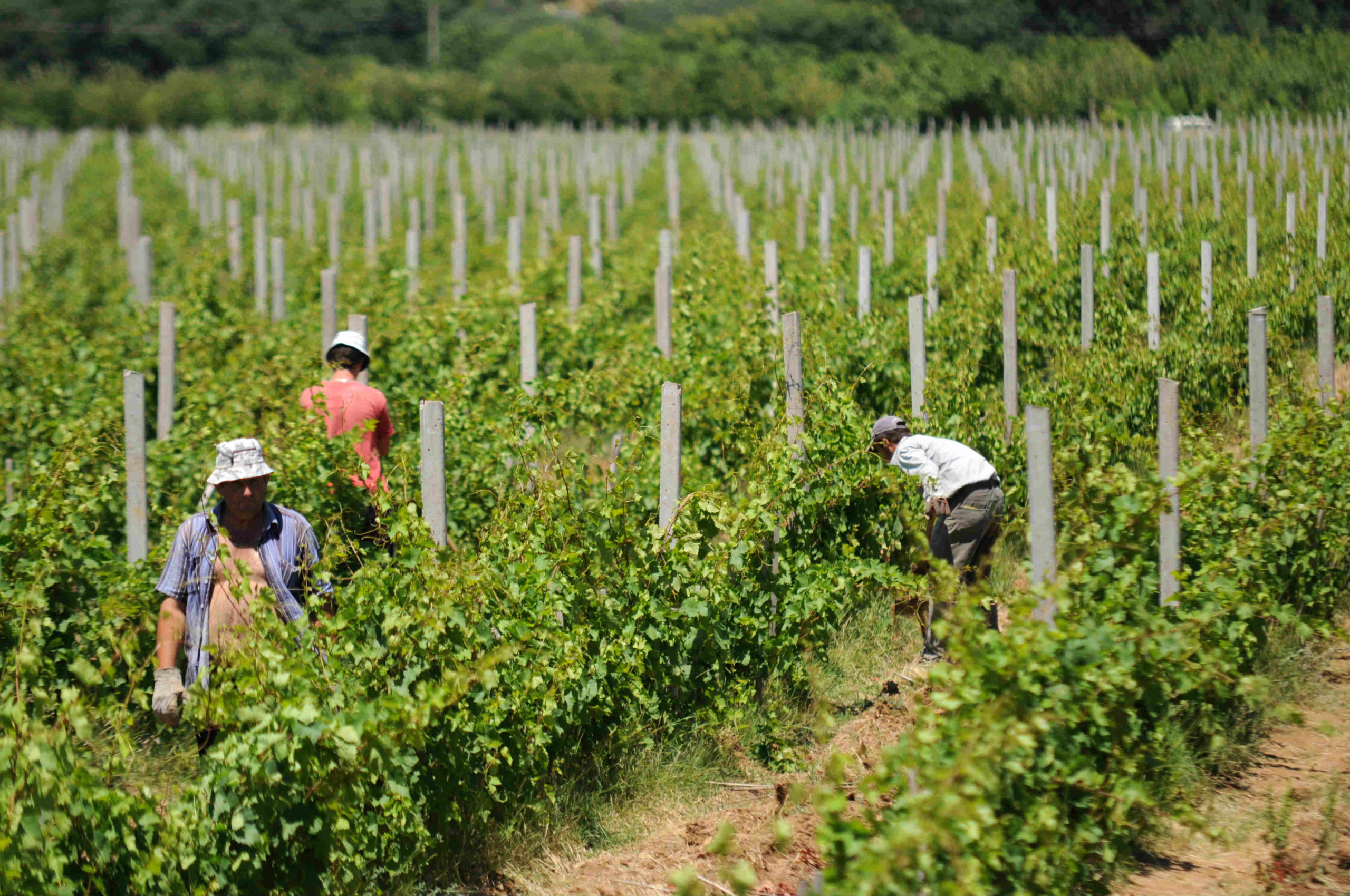
Photo by CIN
This diocese has been taking loans but only to buy land to build on it churches. Currently, its liabilities are around 400,000 KM. Radujković said that during the past 20 years it never took a loan before the previous one had been paid off.
“Bishop Jefrem would not let us get caught with millions. That’s terrible,” he said.
A faith-based organization can take loans and mortgage property only with the approval of the Patriarchal Council and Holy Assembly of Bishops, the highest institutions of the Serb Orthodox Church in Belgrade. The church’s constitution makes no mention of lay business.
The council is run by the patriarch and four members of the Assembly. Bishop Grigory was an Assembly member at the time it considered the Herzegovina diocese taking loans and mortgaging its property. Nowadays, he is a member-deputy of this church body.
Bishop Grigory climbed the church ladder this year. At the May session of the Assembly he was appointed deputy to the Metropolitan Nikolaj, which means that he became the second highest ranking official of the Orthodox church in BiH.
In one of the U.S. embassy 2009 cables Grigory was called “the force to reckon with” within the Serb Orthodox Church.

